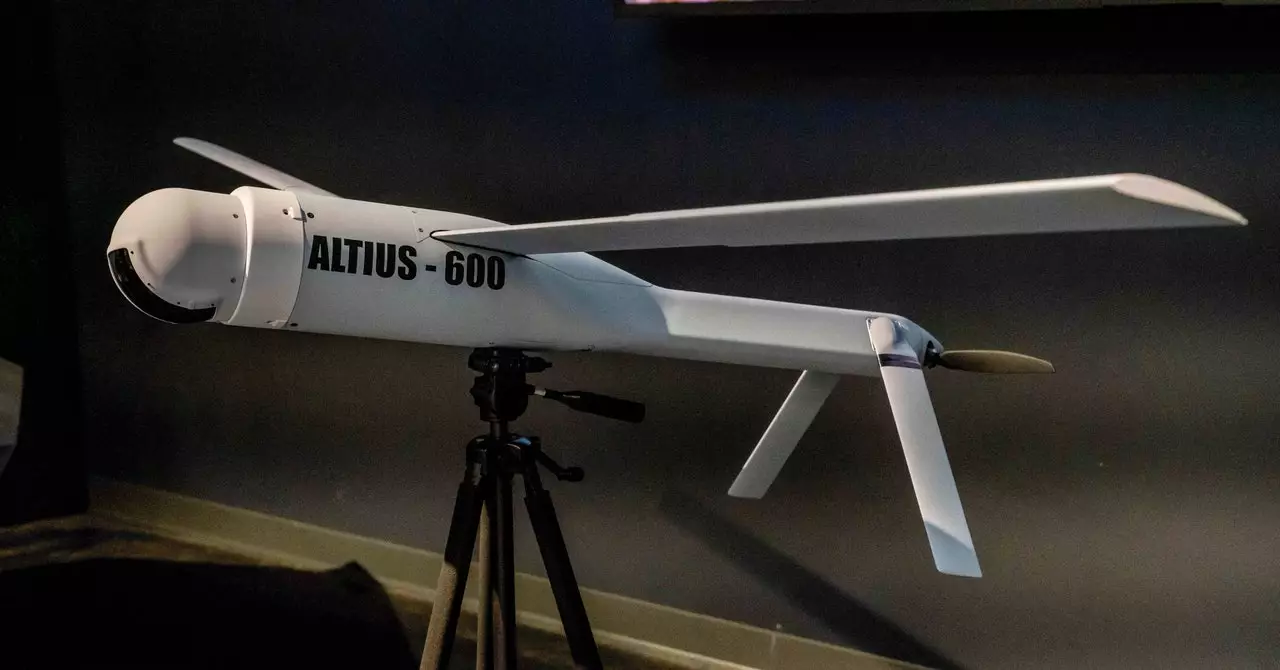In an unprecedented move that marks a significant shift in the landscape of artificial intelligence and military collaboration, OpenAI, the organization behind the innovative ChatGPT, has announced a partnership with Anduril Industries. This defense startup, focused on developing cutting-edge technologies like drones and missile systems for the United States military, signals a growing trend among tech companies in Silicon Valley to forge closer ties with national defense sectors. As these two entities come together, it raises important questions about the implications of AI in military applications and the societal responsibilities that come with it.
OpenAI has articulated its mission as one focused on leveraging artificial intelligence to benefit humanity broadly. CEO Sam Altman emphasized that this partnership aligns with supporting U.S.-led initiatives aimed at ensuring that AI technologies adhere to democratic principles. However, this statement leaves larger ethical considerations unanswered. While the rhetoric of promoting democratic values is appealing, it is crucial to scrutinize how these technologies are deployed in real-world scenarios. The notion of “responsible solutions” touted by both OpenAI and Anduril can be interpreted in multiple ways, leading to ethical dilemmas concerning the militarization of AI.
Brian Schimpf, Anduril’s co-founder and CEO, has indicated that the AI models developed by OpenAI will be employed to enhance air defense systems. The technologies are intended to improve the speed and accuracy of decision-making for military operators, especially in high-pressure environments. This integration of AI aims to provide enhanced threat assessment capabilities, allowing for quicker and more informed responses to potential drone threats. While the promise of technological advancements is enticing, it is vital to consider the ramifications of placing such decision-making power into AI frameworks—particularly in situations where lives are on the line.
Despite outwardly smooth cooperation between OpenAI and Anduril, reports suggest an undercurrent of dissent within OpenAI regarding its shifting policy toward military applications. A former employee highlighted concerns among those who were apprehensive about how military-oriented partnerships could conflict with the organization’s foundational goals of promoting human welfare. While there were no significant protests, this internal discontent hints at broader anxieties surrounding the moral implications of AI in warfare. Employees’ concerns reflect a palpable fear of an AI arms race characterized by a lack of ethical foresight.
Anduril is noted for the development of an advanced air defense architecture powered by a swarm of autonomous aerial vehicles. This innovative approach, utilizing a large language model to translate natural language commands into actionable instructions, showcases the capabilities of modern AI. However, contrasting with its previous methodology of leveraging open-source models, the decision to shift toward integrating OpenAI’s technology introduces variables that amplify the complexities and unpredictability of autonomous systems. The suggestion that these machines could operate independently raises eyebrows about the respective accountability of AI systems in combat scenarios.
The erosion of resistance toward military partnerships among tech firms can be traced back to notable incidents, such as Google’s withdrawal from Project Maven after employee protests. Once staunch opponents of military contracts, prominent AI researchers in Silicon Valley have begun to recognize the potential benefits of strategizing with defense sectors. This transformation raises pressing ethical questions: how can the same technology, which has so much potential for societal good, also be wielded as a tool of war? The challenge lies in finding a balance that prioritizes transparency, accountability, and moral integrity.
As OpenAI and Anduril pave the way for a new modus operandi between AI technology and defense, the implications are profound and far-reaching. The alliance will undoubtedly yield advances that could reshape military strategy, yet it compels us to grapple with crucial ethical inquiries surrounding AI’s role in armed conflict. Balancing technological innovation with societal responsibility will be key to ensuring that AI serves humanity rather than undermines its core values. The way forward will demand ongoing dialogue and scrutiny to navigate this delicate and complex intersection of technology and ethics.


Leave a Reply
You must be logged in to post a comment.